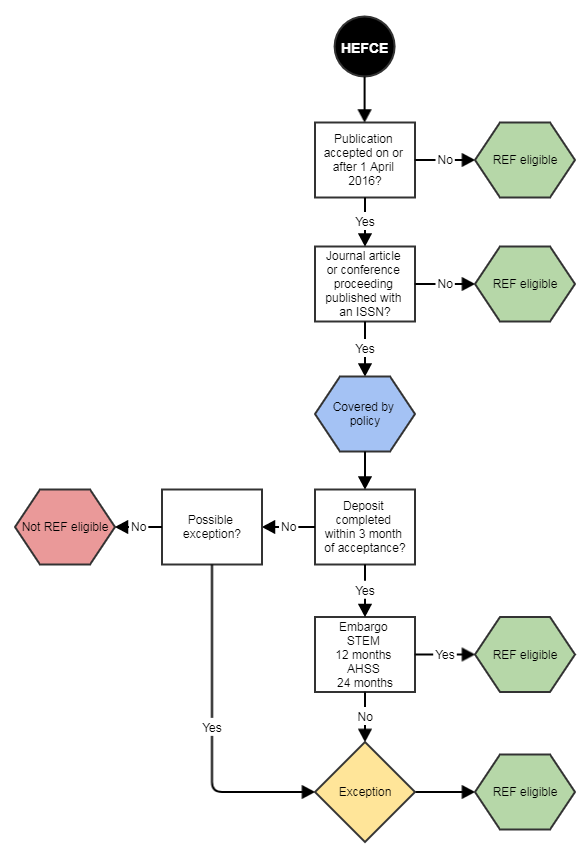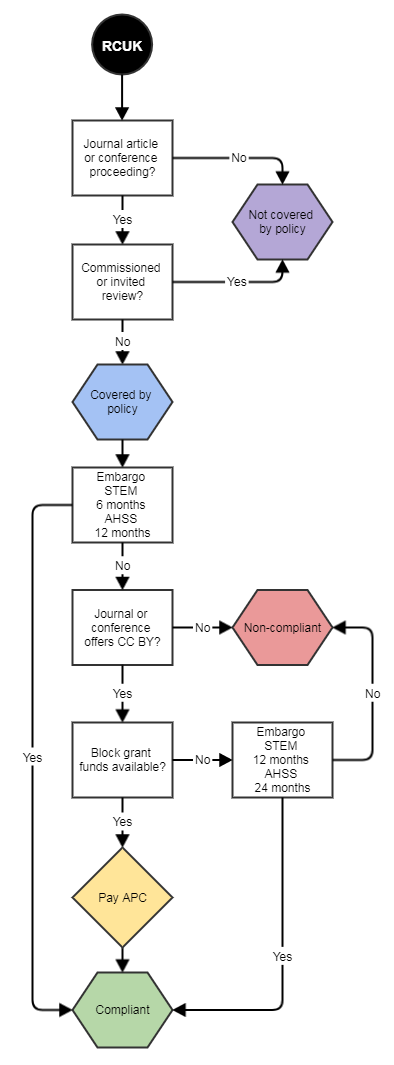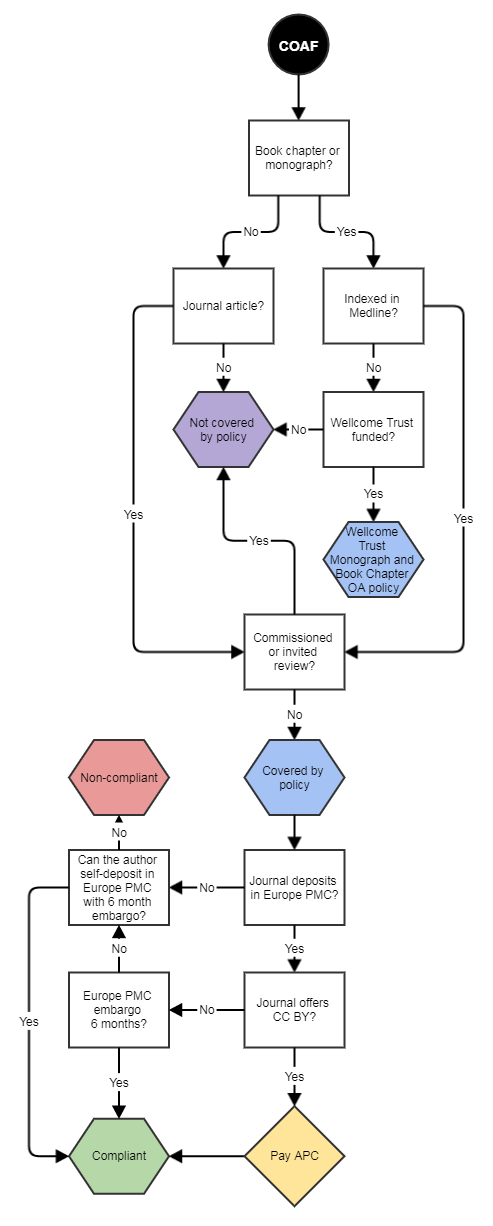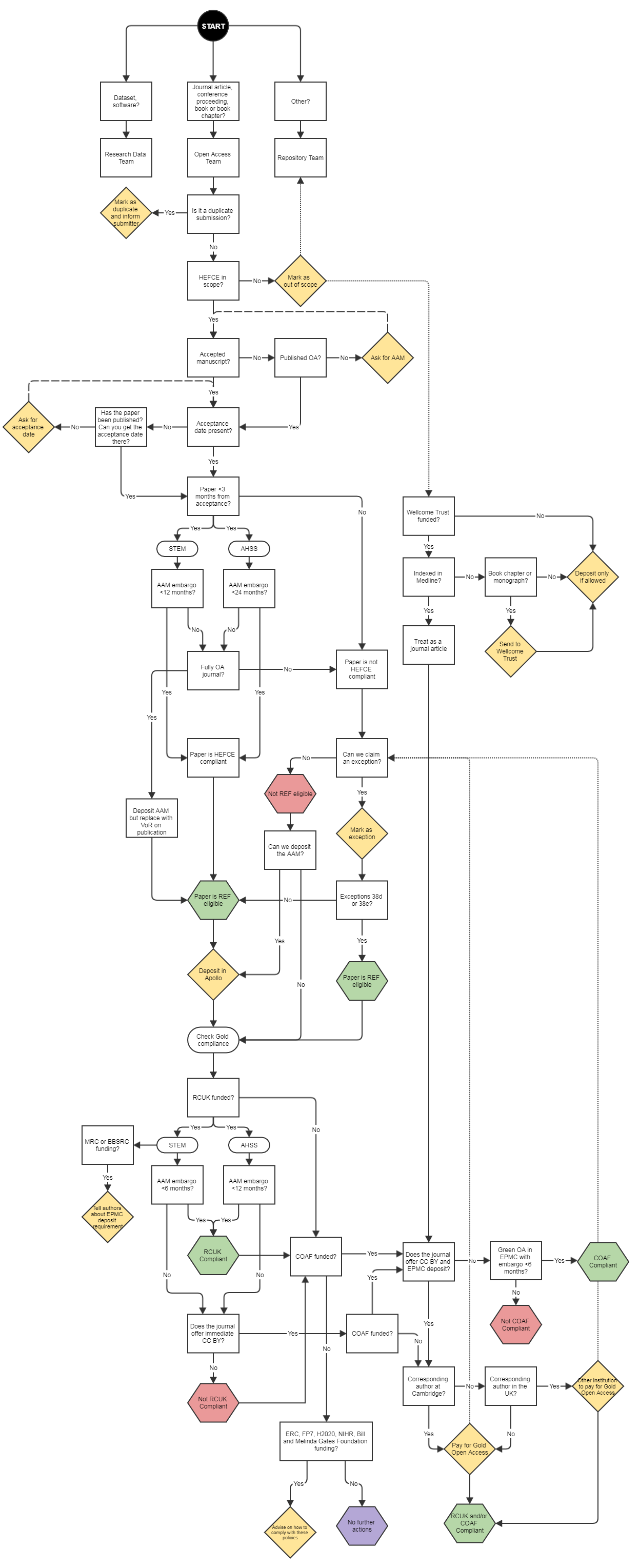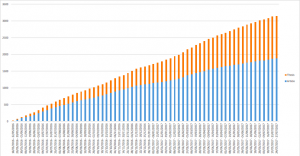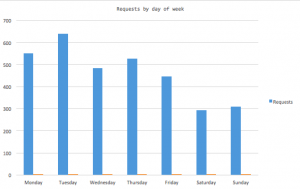Here we follow up on our earlier piece “Creating a research data community”, where Rosie Higman and Hardy Schwamm discussed innovative ways of researcher engagement with research data management.
This blog discusses the outcome from a dedicated Birds of a Feather session at the 9th Research Data Alliance Plenary meeting in Barcelona in April 2017. The session discussed three different programmes for engaging researchers with data management and sharing: University of Cambridge Data Champions programme, TU Delft’s Data Stewardship and SPARC Europe’s Open Data Champions. The purpose of this session was to exchange practice, discuss the difference between the programmes and talk about possible next steps. All presentations from the sessions are available.
Cambridge’s Data Champions
Cambridge’s Data Champions programme was started in Autumn 2016 and is a programme in which researchers volunteered to become a local community expert and advocate on research data management and sharing. The main expectation of those appointed as Data Champions was to run at least one workshop on a topic related to research data management for their research community and to act as the local expert connecting researchers and central data services. In return Champions were offered new networking opportunities, training in research data management and sharing and also a boost to their CVs. Detailed information about the expectations, benefits of becoming a Champion, as well as the support from central services are publicly available.
The Data Champions programme is coordinated during bi-monthly meetings during which Champions exchange practice, talk to each other about their interactions with other researchers and provide each other with advice on tackling some of the data-related challenges. Over time Champions formed a community of practice and the central Research Data Team started to act more as hands-off facilitators of these activities and discussions rather than prescribing Champions what to do and how to best engage with researchers locally. The rationale behind this was that Data Champions would know their own research communities best and would be best positioned to decide what types of training and engagement methods would work for them.
And in fact the Champions delivered quite unexpected and diverse range of outputs. The initial requirement was to deliver a training on research data management to their local communities. The Research Data Management workshop template was shared with the Champions and they were all trained about the content and the methods of the workshop delivery. However, Champions were given discretion on what training they provided and how they wish to deliver. And in fact they developed all sorts of materials and strategies for engaging their local communities: from highly successful regular research data ‘tips’ emails sent to everyone in a department, through data sharing FAQs for chemists and ORCiD drop-in sessions, to organising Electronic Lab Notebooks trials. While certainly interesting and valuable, this also raised a questions as to whether the messages about data management and sharing are still consistent and aligned with the central data services, and also if the high quality of training is maintained.
TU Delft’s Data Stewardship programme
Madeleine de Smaele from TU Delft spoke about their Data Stewardship programme. The goal of the programme is to create mature working practices and policies for research data management across each of the eight faculties at TU Delft, so that any project can make sure their data is managed well. The programme is part of the broader Open Science agenda at TU Delft, which aims to make research more accessible and more re-usable. In contrast to the hands-off and decentralised Data Champions programme at Cambridge, TU Delft’s Data Stewardship programme has a solid framework as its core: a team of eight Data Stewards (a dedicated Data Steward for each one of eight TU Delft’s faculties), led centrally by the Data Stewardship Coordinator.
Data Stewards are disciplinary experts, who are embedded within faculties, and are able to understand and address the specific data management needs of their research communities. However, thanks to working as a team, which is centrally coordinated, the work of Data Stewards is coherent and aligned. This is reflected for example in research data policy development. TU Delft will have a central policy framework for research data management; however, it is Data Stewards working with their faculties who will develop research data policies, tailored to specific needs of individual faculties.
SPARC Europe’s Open Data Champions
SPARC Europe’s Open Data Champions initiative took yet a different approach from Cambridge and TU Delft and it aims to help promote the use of ambassadors or champions in the scientific community to help unlock more scientific data. The focus of the Open Data Champions Initiative is to achieve cultural change needed to see more research data shared and re-used.
Similarly to their previous SPARC Europe’s Open Access Champions initiative, the rationale behind the Open Data Champions is that activists who stimulate cultural change need to be promoted and supported to effect greater, speedier, more motivated research-driven change to help make Open the default in Europe. SPARC Europe wants to identify Champions at different career levels (from PhD students to vice chancellors), from a range of disciplines and from a variety of European countries to inspire broad range of stakeholders.
Are the programmes really effective?
After short presentations about the three programmes, the attendees started discussing different aspects of all programmes: their different aims, audiences, reward systems and sustainability of these activities. Perhaps the most interesting discussion was around measuring the effectiveness of these initiatives. All three programmes aim to ultimately achieve cultural change towards better data management and greater openness. Are the programmes all equally effective at achieving cultural change? Or are perhaps different modes of engagement bringing different results? How to measure cultural change?
And, finally, what are the costs and benefits of each programme? TU Delft’s Data Stewardship programme, with discipline-specific Data Stewards, is more resource-intensive than Cambridge’s Data Champions relying on researchers volunteering their time; both programmes are however more costly than SPARC Europe’s Open Data Champions.
Need for international collaboration and practice exchange
Our discussions brought more questions than answers but we all agreed that the exchange of ideas and practice was productive and useful. Many attendees expressed their interest for starting dedicated researcher engagement programmes at their institutions. Therefore, one of the main conclusions of the session was that it would be valuable to create a forum where those running programmes for researcher engagement could regularly discuss their programmes, exchange ideas and problem-solve jointly. This is particularly important for difficult questions, which the community struggles to address, such as metrics for assessing cultural change in data management and sharing. Working collaboratively can prove incredibly efficient, which was recently demonstrated by a teamwork effort which led to the development of metrics for assessment of data management training programmes.
Next steps
As a next step to extend our conversations and start identifying solutions to common problems, the University of Cambridge, SPARC Europe and Jisc are co-organising a dedicated event “Engaging Researchers in Good Data Management” on 15 November 2017 in Cambridge, United Kingdom. The event intends to bring together those working to support and engage researchers with open research and Research Data Management (RDM), including librarians, scholarly communication specialists and researchers from both the sciences and humanities. So if you are reading this blog post and would like to be part of these discussions, do come and join!
Published 15 September 2017
Written by Dr Marta Teperek

